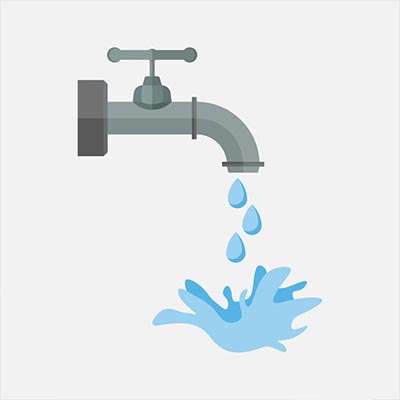Macro Systems Blog
What Your Business Needs to Know About Data Leaks
How valuable is the data that you’ve gathered during your time in business? What would it mean if it were to leak somewhere beyond your control? Let's talk about methods to control your data leakage.
Many businesses have a lot to lose through data leakage, where it makes its way out of your protected infrastructure and into an unsecured environment. To make sure your operations aren’t affected by these complications, you need to make sure that data leakage is something that can’t happen. The first step to making this happen is comprehending why and how your data is leaking.
The Three Types of Data Leaks
All kinds of data leakage can be attributed to one of the following categories:
- At Rest: Data that is in storage, waiting to be accessed. If your data is stolen from a database or from a workstation, your data is stolen while at rest.
- In Transit: Data stolen while in transit is intercepted on its way to a specific location. This can occur if sensitive information is left unsecured in an email or in your web traffic.
- In Use: This type of data leakage occurs while the data is being actively utilized. The way this happens is if an insider threat is able to take screenshots or documents out of the office where they don’t belong.
Protecting Your Data Against Leaks
There are several methods of keeping data leakage to a minimum. First, you must train your users about the risks associated with data leakage. While you might be cognizant of the data that should and shouldn’t be shared, this doesn’t mean that your employees are too. It’s your job to make sure that your employees are aware of how they can keep data from leaking into the wild.
You can also implement IT solutions to keep data leaks from influencing operations. Here are a few of them:
- Encryption: Encryption is the biggest method that can keep your data secure; it renders any data stolen from your business indecipherable without the proper decryption key.
- Content Filters: You can prevent certain threats from even making their way to your infrastructure with the proper content filtering solution. These can also alert the administrator of suspicious data transfers.
- Access Control: The fewer people who have access to data, the fewer the chances that they will leak it, either intentionally or on accident. Keeping close watch on data access and permissions is one way you can limit unnecessary risk.
Hopefully you can use these tips and tricks to minimize data leakage for your business. To learn more, reach out to Macro Systems at 703-359-9211.





Comments